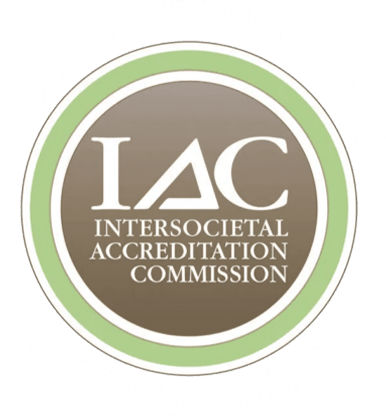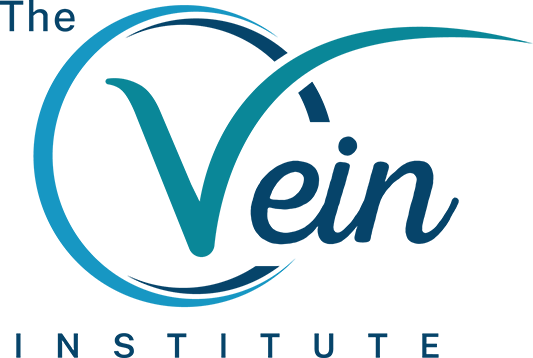
While some topics aren’t always pleasant or easy to talk about, it is important to address them to make sure you are getting the information you need. The Vein Institute of Jacksonville would like to give you more information on a serious subject matter: cancer and how it impacts vein disease.
Cancer and Vein Disease
The relationship between Deep Vein Thrombosis (DVT) and cancer has been recognized in the medical field for many years. Medical Professionals have observed that cancer may significantly increase the risk of DVT. Other factors such as age, surgery, and immobilization also influence the overall likelihood of thrombotic complications, just as they do in patients without cancer.
The most common malignancies associated with thrombosis are those of the breast, colon, and lung; however, when adjusted for disease prevalence, pancreatic, ovarian, and brain cancers are the most strongly associated with thrombotic complications.
Risk Factors of DVT
While early studies indicated that the incidence of DVT was considerably higher in patients having cancer related surgery, recent studies have shown that other factors such as age and obesity are at least as, and possibly even more, relevant. Immobilization, a known risk factor for DVT in patients, seems to pose an even greater risk in patients with cancer.
Chemotherapy is also known to increase the risk of DVT. Factors sufficient by themselves include major surgery, multiple trauma, hip fracture, or lower extremity paralysis because of spinal cord injury. Additional risk factors are previous DVT, increasing age, cardiac or respiratory failure, prolonged immobility, presence of central venous lines, estrogens, and a wide variety of inherited and acquired hematological conditions contribute to an increased risk for DVT.
Vascular Disease from Smoking (A Leading Cause of Cancer)
When learning about how cancer impacts vein disease, it is important to review how smoking affects the vascular system as well as increases the risk of developing cancer. Smoking not only increase your risk of developing cancer, but it also damages the body’s vascular system. Smokers are at risk for all vascular diseases including peripheral arterial disease, stroke, heart attack, abdominal aortic aneurysm.
Smoking damages the inner lining of the arteries, making them prone to spasms and deposits of diffuse plaque, diminishing their ability to properly dilate. This causes cholesterol and scar tissue to build up or “hardening of the arteries.” Smokers are at increased risk for peripheral arterial disease and clogged arteries in the legs. While this may require angioplasty and stenting to improve blood flow, many people can avoid these procedures and alleviate their symptoms just by quitting smoking and beginning a specific exercise regimen.
Frequently Asked Questions

IAC Accredited Vascular Testing
We are proud to be distinguished as an IAC Accredited Vascular Testing Facility. The Vein Institute adheres to the strictest national guidelines for vascular testing, demonstrating a commitment to the highest quality patient care.
During hot summer weather, the symptoms of varicose veins tend to worsen, causing more pain and inflammation. About 24 million Americans suffer from vein issues, and the high temperatures can exacerbate these conditions, leading to discomfort and swelling. How can you keep your varicose veins from worsening when the weather gets warmer? At The Vein […]
As you already know, pregnancy can bring significant changes to the body, but did you know that up to 40% of pregnant women experience varicose veins during pregnancy? When pregnant, women are also up to five times more likely to develop vein conditions as compared to those who are not pregnant. At The Vein Institute, […]




